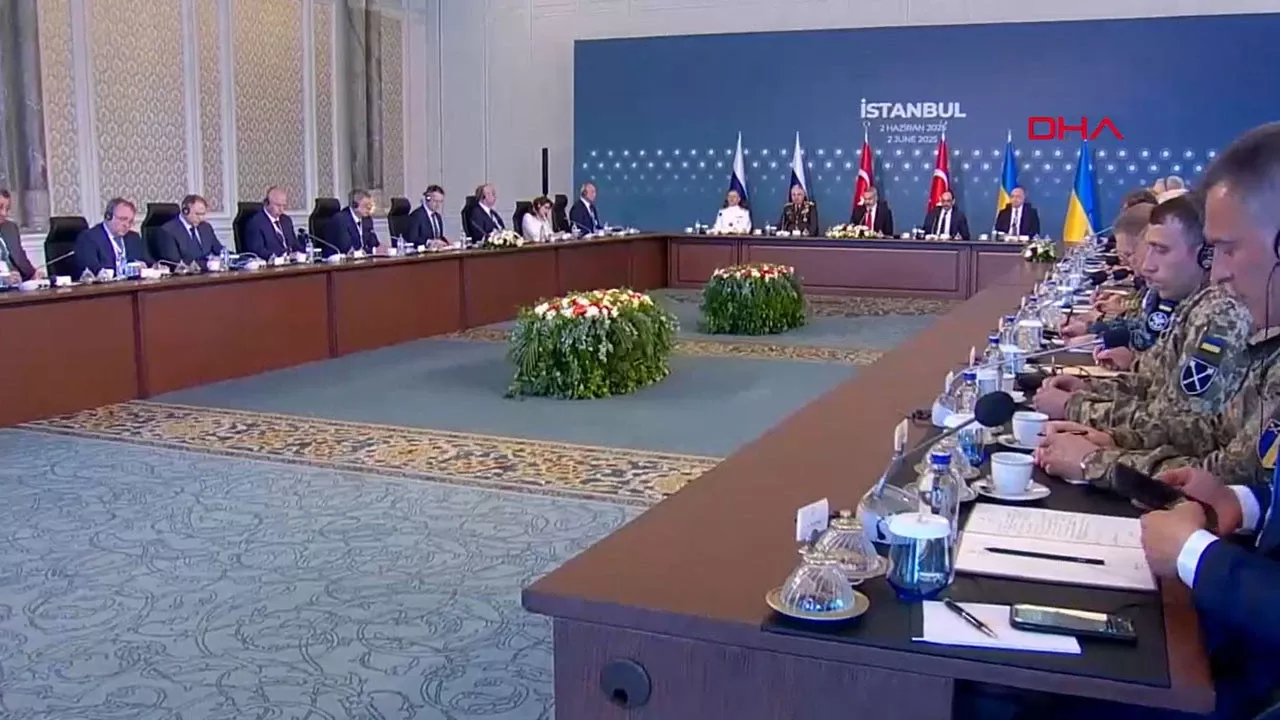
On June 2 of this year, important negotiations described by many experts as "historically significant" took place between Russian and Ukrainian delegations in Istanbul, Turkey. During the meeting, the Russian side proposed not one, but two different peace plans to Ukraine to end the conflict. The text of the document was published through the "RIA Novosti" agency.
According to the first option proposed by the Russian delegation, Ukraine would need to gradually withdraw its army from the Donetsk, Luhansk, Zaporizhzhia, and Kherson regions, which are under the control of Russian troops. Additionally, it was stipulated that Ukrainian forces must retreat to an agreed distance from the Russian borders.
The second option does not involve directly transferring the territories to Russia, but includes the necessary conditions to significantly ease the situation. The most important of these include: a complete ban on mass mobilization processes in Ukraine, rapid demobilization of currently mobilized military personnel, cessation of arms, intelligence data, and satellite communication deliveries to Kyiv by international partners, as well as guaranteeing the prevention of any "diversionary actions" on Russian territory.
The second option also includes humanitarian conditions such as declaring a general amnesty between the two countries and the immediate release of civilians. The Russian side has also proposed holding presidential and parliamentary elections in Ukraine within 100 days after the state of war is lifted.
Furthermore, this second option stipulates preventing the presence of military personnel from third countries in Ukrainian territory and restricting the movement of the Ukrainian army in certain areas.
Before the negotiations held in Istanbul, the heads of delegations from both sides—Ukrainian Defense Minister Rustem Umerov and Russian President's aide Vladimir Medinskiy—held discussions behind closed doors for two and a half hours. Following this meeting, a draft memorandum presented by the Russian side during the negotiations emerged. It outlined several key issues of priority importance for Russia. These include the international recognition of territories under Russian control, Ukraine's renunciation of joining military alliances like NATO, granting official language status to the Russian language in Ukraine, the lifting of all sanctions between the two countries, and the non-imposition of new sanctions.
Restoring and expanding economic relations is also given significant attention in this document. The Russian side demands the restoration of its gas transit through Ukraine and the re-establishment of other economic-diplomatic and transport connections.
Demands such as completely renouncing mutual claims regarding damages caused by the war, limiting the number and composition of Ukraine's armed forces, strictly prohibiting the glorification of "Nazism and neo-Nazism," and dissolving nationalist parties are also noted in the Russian memorandum. Maintaining Ukraine's non-nuclear status and lifting existing restrictions on the Orthodox Church are also considered important conditions put forward by Moscow.
So far, Ukraine has not officially responded to these proposals, but it has requested a week to review the presented documents and respond. The next round of negotiations between the parties is planned to take place between June 20-30.
These negotiations are being closely monitored by international observers and the global community. The reason is that a peaceful resolution to the military conflict between the two countries is of significant importance not only for Europe but for global security as well. Therefore, the world community is expecting effective outcomes from these historic meetings.